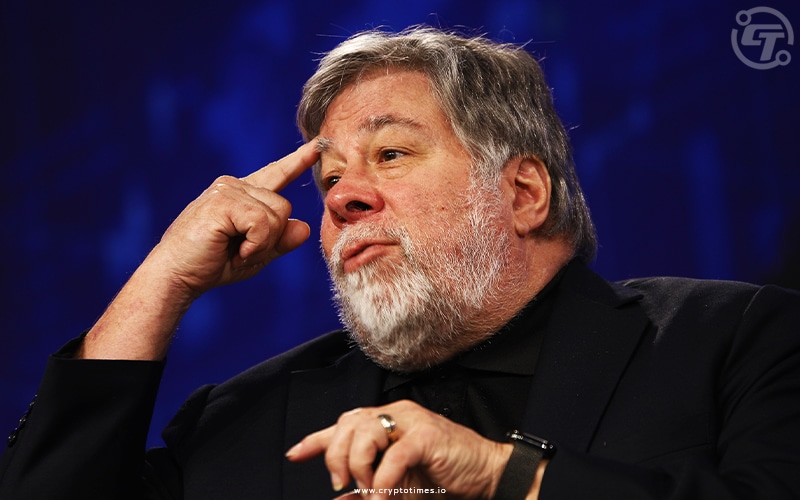Steve Wozniak, the co-founder of Apple, won a decisive victory in the appeals court against YouTube for misusing his image in Bitcoin scam videos in 2020. The San Jose appeals court ruled against the previous judgment that exempted YouTube from liability, marking a significant shift in the legal landscape.
The appeals court found that YouTube’s reliance on Section 230 of the Communications Decency Act to claim immunity was unjustified. This section has historically shielded video streaming platforms from liabilities related to user-posted content. However, the court’s decision underscores the platform’s responsibility in a case where doctored videos featuring Wozniak promised viewers double returns on Bitcoin investments.
Implications for Video Streaming Platforms
This ruling sheds light on the responsibilities of social media in policing their platforms. The judges pointed out that YouTube’s verification of channels, which later promoted scams, contributed to the fraud. Even channels that were hacked and then verified during the scam period were implicated.
The verdict is a step towards holding platforms accountable for their part in facilitating scams. Joe Cotchett, Wozniak’s lawyer, emphasized that this decision challenges the broad immunity previously afforded to platforms like YouTube under Section 230, pushing for a more responsible content monitoring approach.
The outcome of this legal battle may set a precedent for how video streaming and social media platforms manage user-generated content, potentially leading to stricter monitoring practices to prevent fraudulent activities.
Also Read: NVIDIA Omniverse Expands with Apple Vision Pro Integration






